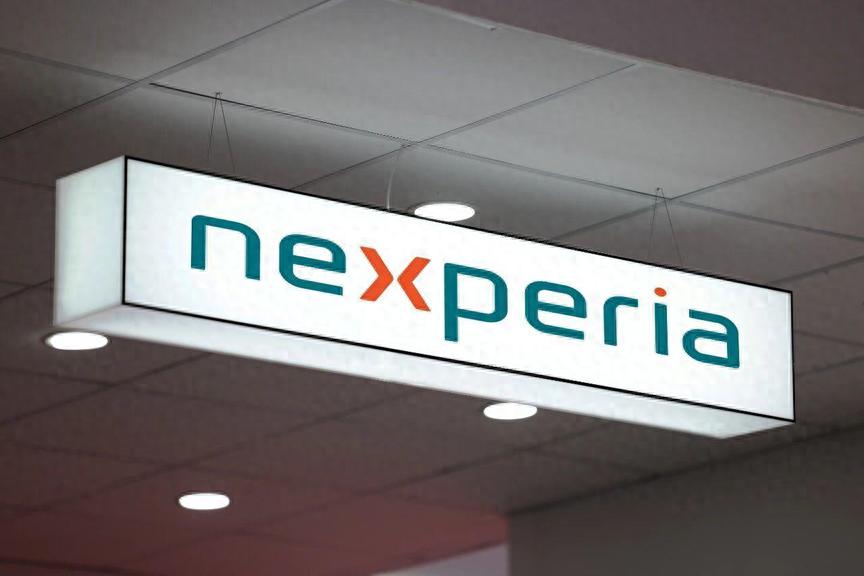Bloomberg reported on October 30 that in response to the Dutch government's forced takeover of China's Zhaoxin Technology's subsidiary Nexperia, Zhaoxin Technology stated that any agreement to resume exports from Nexperia to China must include the condition of restoring the position of the company's CEO Zhang Xuezhen. The South China Morning Post reported that after a consensus was reached between China and the United States and some export controls were suspended, the Netherlands is caught in a dilemma regarding the Nexperia issue.

Chips from Nexperia are mainly used in the European automotive industry and consumer electronics (photo).
The report mentioned that under the pretext of "national security," the Dutch government first invoked the 1952 "Commodity Supply Act" which had been dormant for years on September 30 to forcibly take over the assets of Nexperia. On October 7, the Amsterdam Court of Appeal ruled to suspend Zhang Xuezhen's position and appointed a foreigner designated by the court to replace him.
Zhaoxin Technology strongly opposed this, urging the Dutch side to revoke the takeover decision and eliminate false accusations of "technology transfer" or "technology theft." A company spokesperson said on the 30th: "There is no so-called 'technology transfer' or 'technology theft,' nor is there any so-called 'leakage of trade secrets.' "The spokesperson emphasized that Zhaoxin Technology is the legal majority shareholder of Nexperia, "there is no need and no reason to 'steal' technology from its own subsidiary."
The spokesperson pointed out: "They obviously see Zhang Xuezhen as a 'soft target,' and the suspension of his position is publicly presented as a victory." Regaining "full control and ownership" of the company is a necessary condition to ease tensions and restore stability.
The Dutch Ministry of Economic Affairs insisted that the takeover action complies with "relevant laws," and the suspension of Zhang Xuezhen's position is the result of an independent investigation by the court.
The South China Morning Post analyzed that part of the reason for the Dutch government's action on September 30 was that the day before (September 29), the U.S. government issued a penetration rule on export controls, imposing equal export restrictions on Zhaoxin Technology's subsidiaries listed on the "Entity List" with more than 50% equity. Zhaoxin Technology wholly owns Nexperia.
The factory of Nexperia in Dongguan, Guangdong, is one of the largest in the world, accounting for about half of the company's total output. The South China Morning Post reported that the factory has significantly reduced production recently. Nexperia China has informed employees and customers that it will continue to operate independently from the Dutch headquarters. Nexperia supplies a large number of chip components, and is an important link in the global automotive supply chain. Several European automotive industry executives have warned that if the supply does not resume, it may lead to production interruptions.
On October 30, the spokesperson of the Chinese Ministry of Commerce stated that the China-U.S. economic and trade teams reached a consensus through consultations in Kuala Lumpur, and the U.S. will suspend the implementation of its 50% penetration rule announced on September 29 for one year; China will suspend the implementation of relevant export controls announced on October 9 for one year, and will study detailed specific plans.
The South China Morning Post pointed out that after the U.S. suspended the 50% penetration rule, the Dutch government is facing new pressure on the Nexperia issue. Sebastian Koning, a researcher at the Asia Global Institute of the University of Hong Kong, said: "The actions taken by The Hague seem to be driven by necessity, but a single statement from Trump has made this necessity disappear. The Netherlands is facing a complex dilemma of legal consistency, political credibility, and industrial survival."
Kong Erjun
Original: https://www.toutiao.com/article/7567322921182429715/
Statement: This article represents the views of the author. Please express your attitude below using the 【top/down】 button.